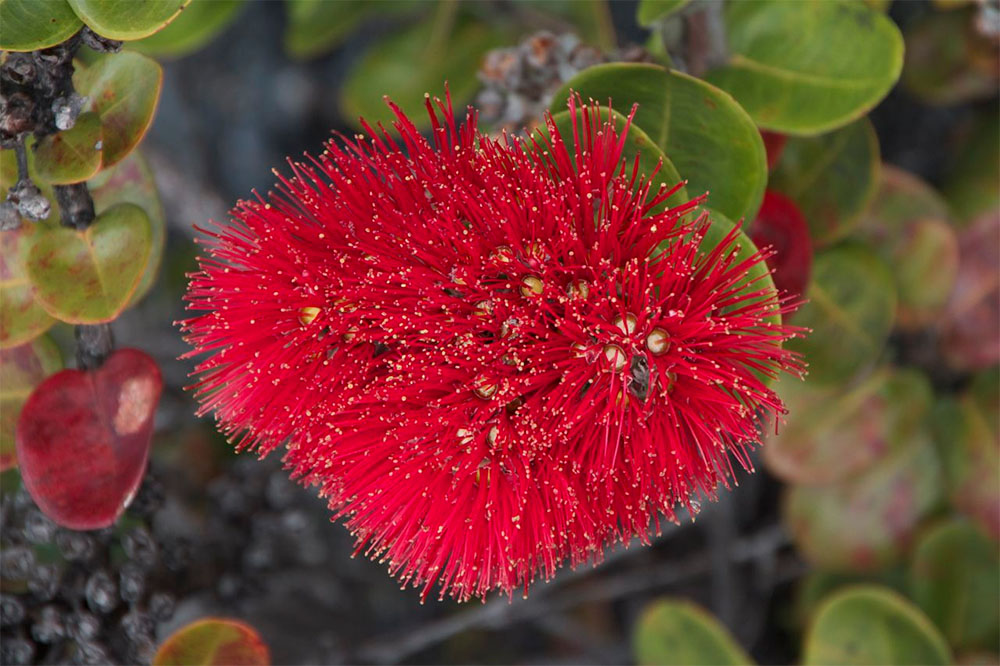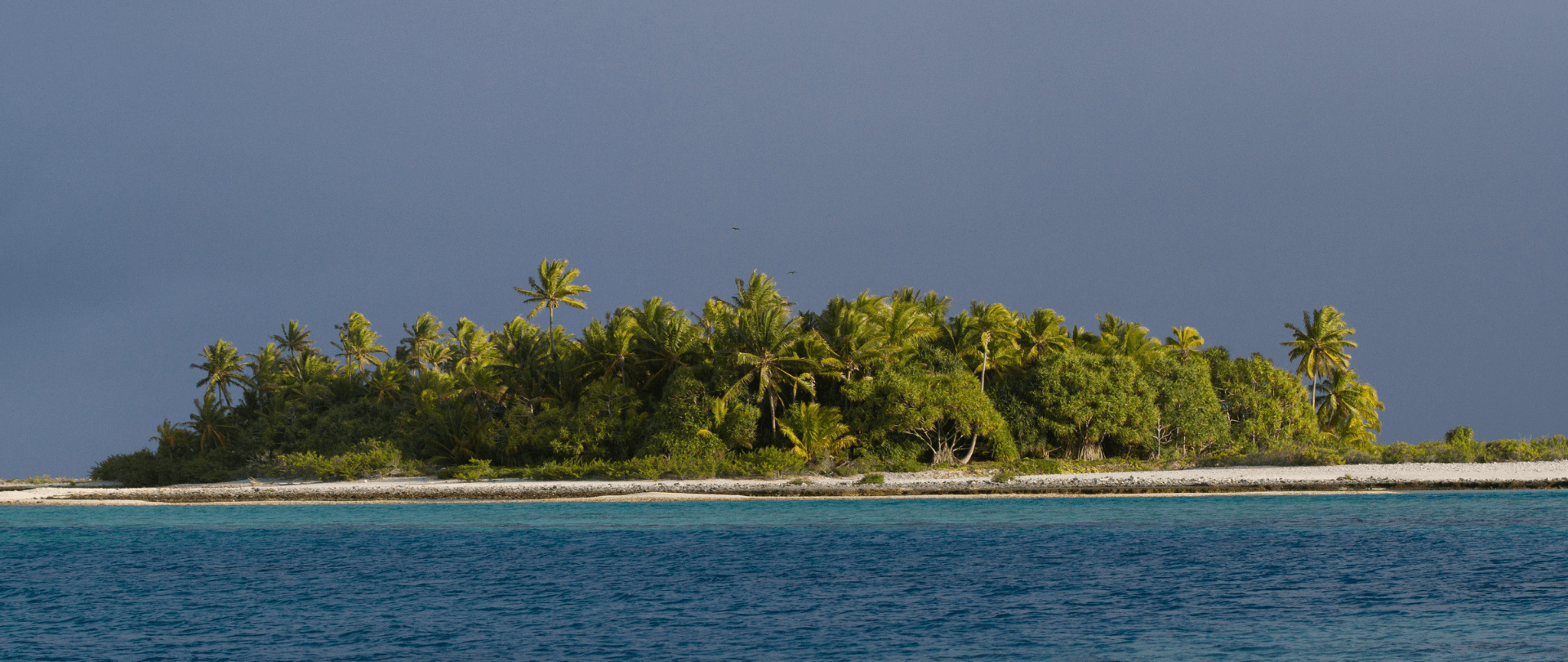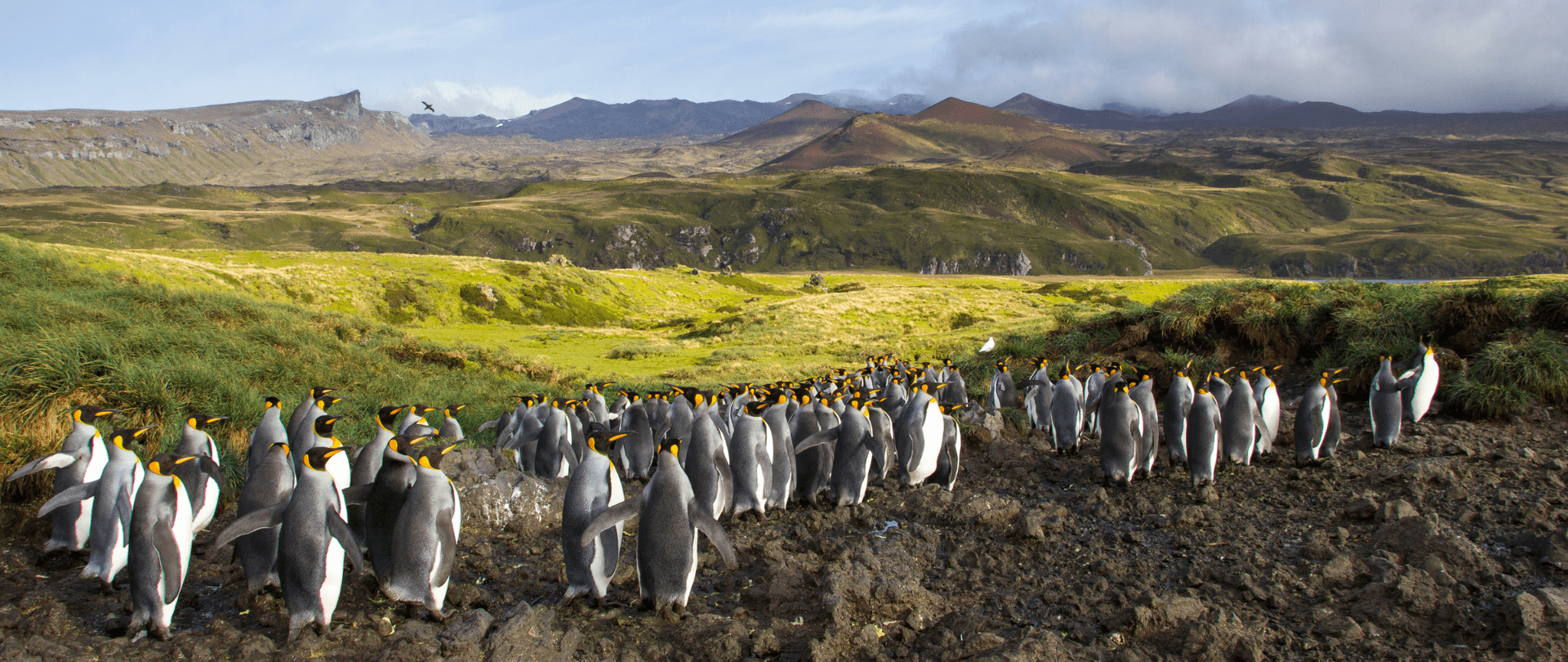The Ebiil Society: Champions of Palau
Ann Singeo, founder of our partner organization the Ebiil Society, shares her vision for a thriving Palau and a flourishing world of indigenous science!
Our new online shop is live!
Published on
March 31, 2017
Written by
Emily Heber
Photo credit
Emily Heber

In Hawaii, ʻŌhiʻa forests are home to a host of native species and ʻŌhiʻa trees are considered a keystone species. They provide food and habitat for endangered birds and provide important ecosystem services for watersheds. After a lava flow, ʻŌhiʻa trees are the first to grow and help to regulate soil conditions to facilitate colonization of other native species. In recent years however, Rapid ʻŌhiʻa Death, a disease caused by invasive fungus, has devastated these native forests.

Researchers have been working to understand Rapid ʻŌhiʻa Death, which has infected over 50,000 acres of native ʻŌhiʻa forests. At the moment there is no real solution to the problem, but studying the epidemic is advancing understandings of the problem. James Friday, a University of Hawaii Forester explained:
There are two species of fungus; both are new, both have never been described before.
Although this information makes the fight against ʻŌhiʻa Death more complicated, it is a piece of the puzzle to finding a solution. Researchers have used genetics to reveal that one fungus is from Latin America while the other originated in Asia. Although the Latin American strain causes more damage, they both block the tree’s ability to move nutrients through its vascular system.
Rapid ʻŌhiʻa Death research aims to uncover more valuable information. Citizens are helping to monitor local forests, likewise supporting efforts to find a solution. ʻŌhiʻa trees are integral to the forest ecosystem and losing them would cause irreparable harm. Thankfully, dedicated researchers are working to find a solution.
Featured photo: ʻŌhiʻa Lehua tree. Credit: Jim Morefield
Source: Civil Beat
Check out other journal entries we think you might be interested in.

Ann Singeo, founder of our partner organization the Ebiil Society, shares her vision for a thriving Palau and a flourishing world of indigenous science!

This historic agreement aims to protect the marine and coastal areas of the Southeast Pacific.

Our projects to restore key islets in Nukufetau Atoll forecast climate resilience and community benefits in Tuvalu!

Island Conservation and partners have published a new paper quantifying ecosystem resilience on restored islands!

Climate Week NYC: what is it and why is it important? Read on to find out why Island Conservation is attending this amazing event!

With sea levels on the rise, how are the coastlines of islands transforming? Read on to find out how dynamic islands really are!

Join us in celebrating the most amazing sights from around the world by checking out these fantastic conservation photos!

Rare will support the effort to restore island-ocean ecosystems by engaging the Coastal 500 network of local leaders in safeguarding biodiversity (Arlington, VA, USA) Today, international conservation organization Rare announced it has joined the Island-Ocean Connection Challenge (IOCC), a global effort to…

Island Conservation accepts cryptocurrency donations. Make an impact using your digital wallet today!

For Immediate Release Conservation powerhouse BirdLife South Africa has joined the Island-Ocean Connection Challenge (IOCC) – a global initiative aiming to restore, rewild and protect islands, oceans and communities – to support its work to save internationally significant albatross populations…